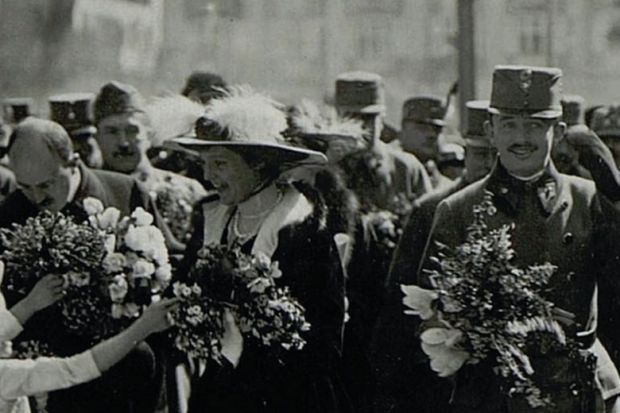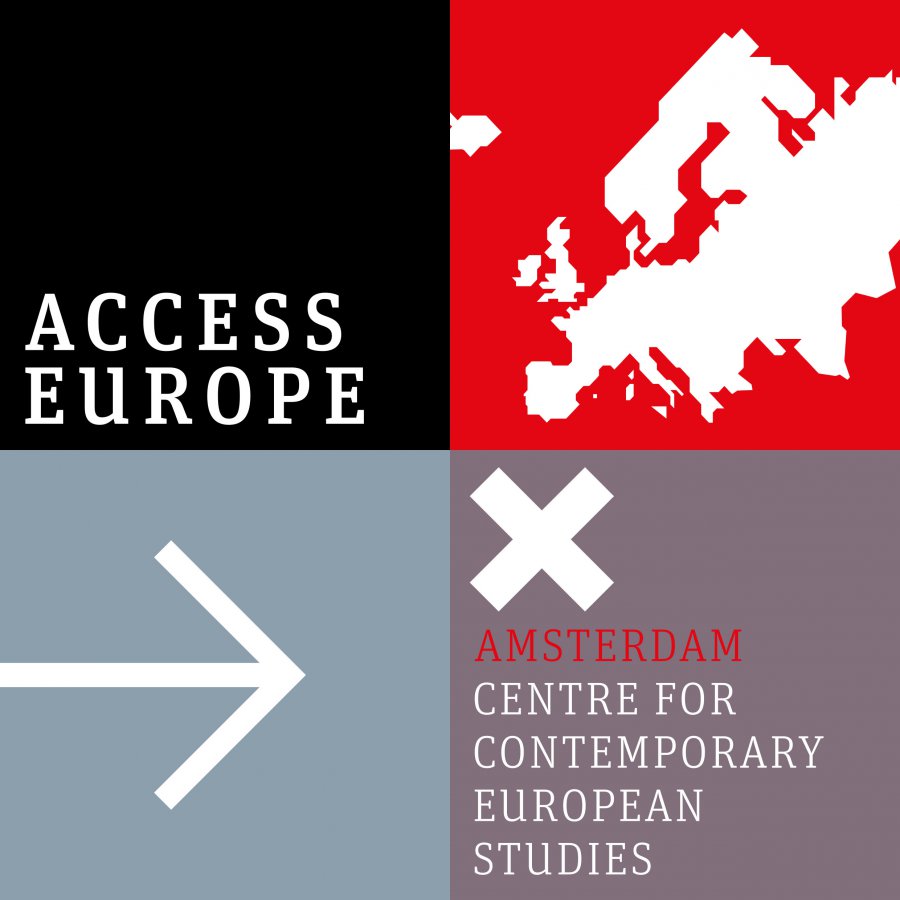University of Amsterdam, 13-15 September 2017
Conveners: Camilo Erlichman (University of Amsterdam) and Peter Romijn (University of Amsterdam/NIOD Institute for War, Holocaust, and Genocide Studies)
Technocracy is the political swearword of our times. From the multiple crises of the European Union to the recent elections in the US, the role of experts in public governance is often invoked as one of the main sources for the political ills of contemporary society, responsible for the exacerbation of social inequalities, the decline in the acceptance of political institutions, and the rise of populist movements. For many, technocratic rule is an elitist project that makes present-day politics unaccountable, detached from the lives and needs of ordinary people, and thus fundamentally irreconcilable with democracy. Defenders of technocracy, by contrast, stress the complexity of the world and the need for specialists with extensive expertise to run what they regard as the increasingly difficult business of government, while pointing to the defects and dangers of a model of democracy that is overly inclusive of and responsive to the people.
Such contemporary discourses around the legitimacy of technocratic governance are not novel, but are part of a long and intricate history of technocratic forms of power in mass democracies. This conference will look at the genealogy of technocracy and the trajectories of various groups of ‘experts’ in western Europe’s mid-20th century. It will explore the relationship between technocracy, war, democracy, and politico-economic orders; trace the role of technocracy in the process of European integration; and explore the gradual ascent of expert groups involved in social engineering, planning, economic management, and the techno-politics of the state. In doing so, it will seek to assess the origins, shape, and legacies of western Europe’s ‘Age of Technocracy’, carving out patterns that continue to influence policymaking in European democracies today.
The conference will kick off on 13 September 2017 at 5.00 pm with a keynote presentation by Professor Philip Nord (Princeton University), who will give a lecture on ‘France’s Age of Technocracy, 1930-1970’. The keynote presentation will be delivered at the VOC Zaal, Bushuis, Kloveniersburgwal 48, 1012 CX Amsterdam. All other sessions will take place at the Doelenzaal, University Library, Singel 425, 1012 WP Amsterdam.
Programme:



